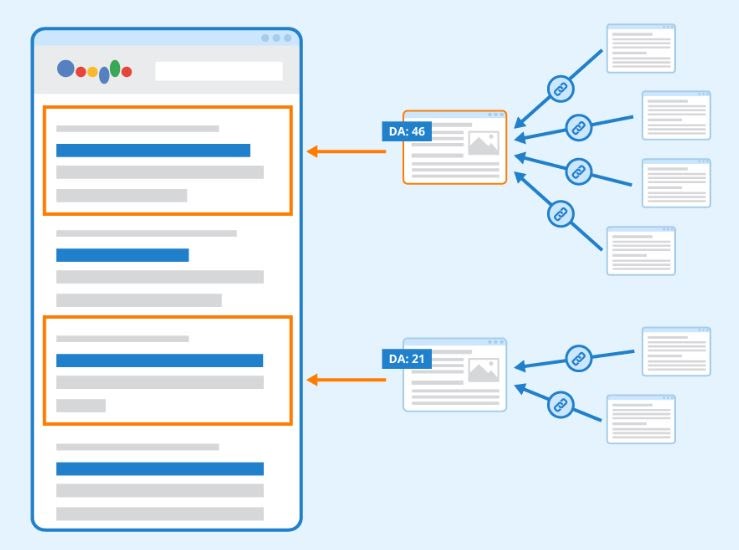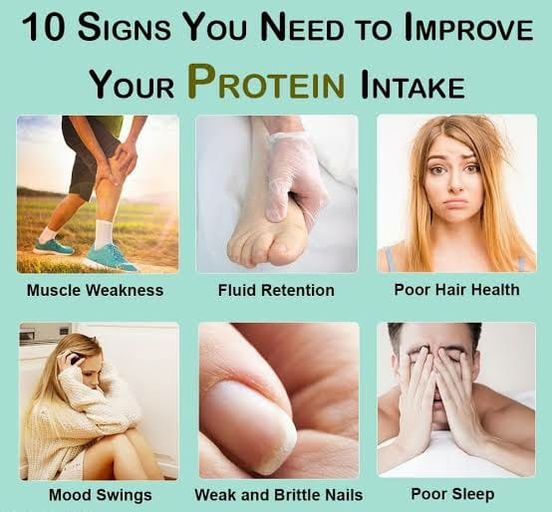Protein is an essential nutrient that plays a critical role in nearly every function of the human body. From building and repairing tissues to producing enzymes and hormones, proteins are involved in a wide array of bodily processes. But when your body doesn't get enough protein, it can start showing signs of deficiency, which, if left unchecked, can lead to more severe health problems.
Here are three major signs that may indicate protein deficiency:
1. Muscle Weakness and Loss of Muscle Mass
Protein is crucial for maintaining muscle mass and strength. When your body doesn't receive enough protein, it starts breaking down muscle tissue to meet its protein needs, which can lead to:- Muscle Weakness: You may feel fatigued or struggle with tasks that were once easy. Your muscles lose their capacity to perform well, making everyday activities, like lifting objects or climbing stairs, harder.
- Loss of Muscle Mass (Sarcopenia): Over time, protein deficiency can cause the body to lose muscle mass, leading to a condition called sarcopenia. This is particularly common in older adults but can happen to anyone experiencing prolonged protein insufficiency.
2. Frequent Illnesses and Poor Immunity
Protein is vital for a well-functioning immune system. Antibodies, which are proteins, play a key role in fighting off infections and diseases. Without enough protein, your body may have trouble producing these crucial immune cells, leading to:- Frequent Infections: If you find yourself catching colds or infections more often than usual, it could be a sign that your immune system is weakened due to protein deficiency.
- Slow Recovery from Illness or Injury: Inadequate protein can also delay your body’s ability to heal wounds or recover from sickness, as it affects the production of new cells and the repair of damaged tissues.
3. Hair, Skin, and Nail Problems
Your hair, skin, and nails are composed largely of proteins such as collagen, keratin, and elastin. A deficiency in protein can manifest visibly through:- Thinning Hair: Protein is necessary for hair growth and strength. Without enough protein, hair may become dry, brittle, and prone to breakage, and in some cases, hair loss can occur.
- Skin Issues: Lack of protein can result in dry, flaky skin or rashes. This is because protein is necessary for maintaining healthy skin cells and keeping them well-hydrated.
- Weak or Brittle Nails: Nails may become weak, split, or break more easily when your body is lacking sufficient protein.
Conclusion
Protein deficiency is relatively uncommon in developed countries, but it can still affect people with poor diets, certain medical conditions, or restrictive eating habits. If you notice signs like muscle weakness, frequent illness, or changes in your hair, skin, and nails, it’s essential to assess your protein intake and consider adjusting your diet. Good sources of protein include meat, poultry, fish, eggs, dairy, legumes, and nuts. In cases of severe deficiency, a healthcare provider can recommend the right course of action, including supplements or dietary adjustments.Read more :
1= https://checkwebsitedr.com/blogs/what-are-floaters-in-the-eye/
2= https://checkwebsitedr.com/blogs/what-activities-are-in-oranjestad-aruba-near-the-airport/
3= https://checkwebsitedr.com/blogs/what-teams-are-in-the-playoffs/
4= https://checkwebsitedr.com/blogs/what-states-are-not-represented-in-the-olympics/
5= https://checkwebsitedr.com/blogs/what-are-the-three-signs-of-protein-deficiency/


